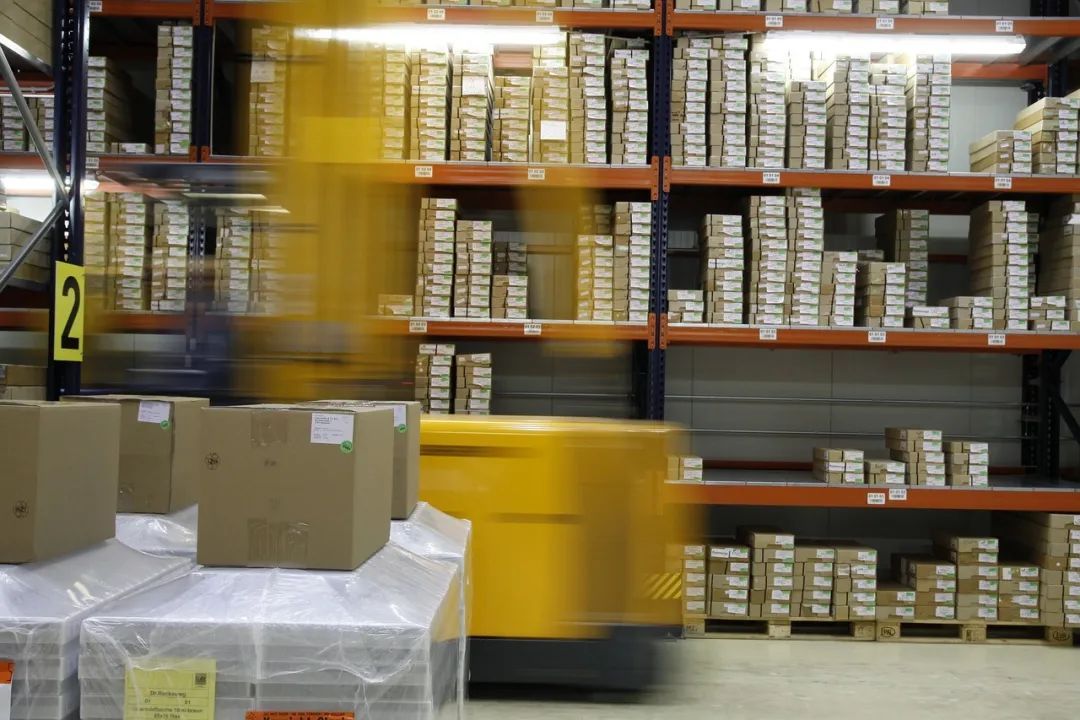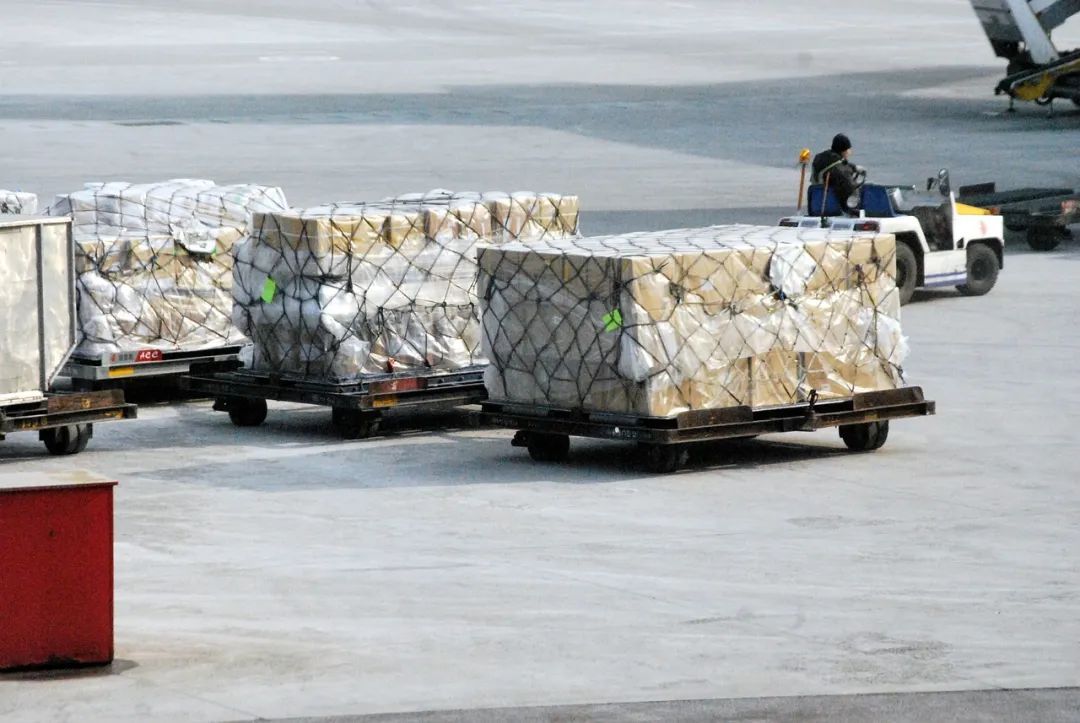Dry goods | What is third-party warehousing and what are its advantages?
With the continuous development of cross-border e-commerce, third-party warehouse distribution custody services will be required while the scale of enterprises continues to grow. So, what is third-party storage?
Third-party warehousing, also known as third-party logistics warehousing, refers to the business model in which enterprises entrust their goods to independent third-party logistics service providers for warehousing management and logistics distribution.
In this mode, enterprises no longer need to own and manage warehouse facilities themselves, but hand over the warehousing and logistics links to professional third-party logistics companies.

01 Application scenarios
In essence, third-party warehousing is a partnership established between production companies and professional warehousing; it is because of this partnership that third-party warehousing companies, compared with traditional warehousing companies, can provide cargo owners with storage, loading and unloading, and consolidation. , order classification, spot inventory, in-transit mixing, inventory control, transportation arrangements, information and a complete set of other logistics services required by cargo owners.
Third-party warehousing services generally cover the following:
Goods storage:Third-party logistics companies provide professional storage facilities, including warehouses, shelves, storage yards, etc., to properly keep customers' goods.
Cargo Management:The third-party logistics company is responsible for the management of goods in, out, inventory, classification, sorting, etc., to ensure the inventory and flow control of goods.
Order Shipping:Third-party logistics companies provide fast and accurate delivery services based on customer order information, including picking, packaging, packing and shipping of goods.
Inventory management:The third-party logistics company plans and manages the inventory reasonably according to the customer's demand and sales situation, so as to reduce the inventory cost and ensure the supply of goods.
Information management:Third-party warehousing services are usually equipped with an advanced warehouse management system (WMS) for real-time tracking of goods in and out of the warehouse and inventory status, so as to provide customers with accurate inventory information.
After-sales service:Third-party logistics companies provide timely after-sales service in the warehousing and distribution links, including return and exchange processing, after-sales support, etc.

02 Characteristics of third-party storage
01 Effective use of resources
The use of third-party warehousing is more effective than self-built warehousing to deal with the storage problems of off-season and peak season products that are common in seasonal production, and can effectively use equipment and space. At the same time, the management of third-party warehousing is professional, and management experts have more innovative distribution concepts and master more ways to reduce costs, so the efficiency of the logistics system is higher.
02 Expand the market
Shipment number: It is the shipment number created by the seller in the Amazon background to be sent to the Amazon warehouse. It is unique and the format is FBAXXXXXXX. The shipment label refers to the label posted on the outer box of the package. A shipment number may have multiple boxes, which will be reflected in the U001 and U002 of the shipment number. It is the outer box identification of the goods when the Amazon warehouse receives the goods.
03 Reduce transportation costs
Third-party warehousing companies handle a large number of commodities from different cargo owners at the same time, and can greatly reduce transportation costs through large-scale transportation after LCL operations.
04 Testing of new markets
When promoting existing products or launching new products, shipper enterprises can use short-term third-party warehousing to investigate the market demand of products. When a company tries to enter a new market area, it takes a long time to establish a set of distribution facilities, and through a third-party warehousing network, the company can achieve its goal.




















